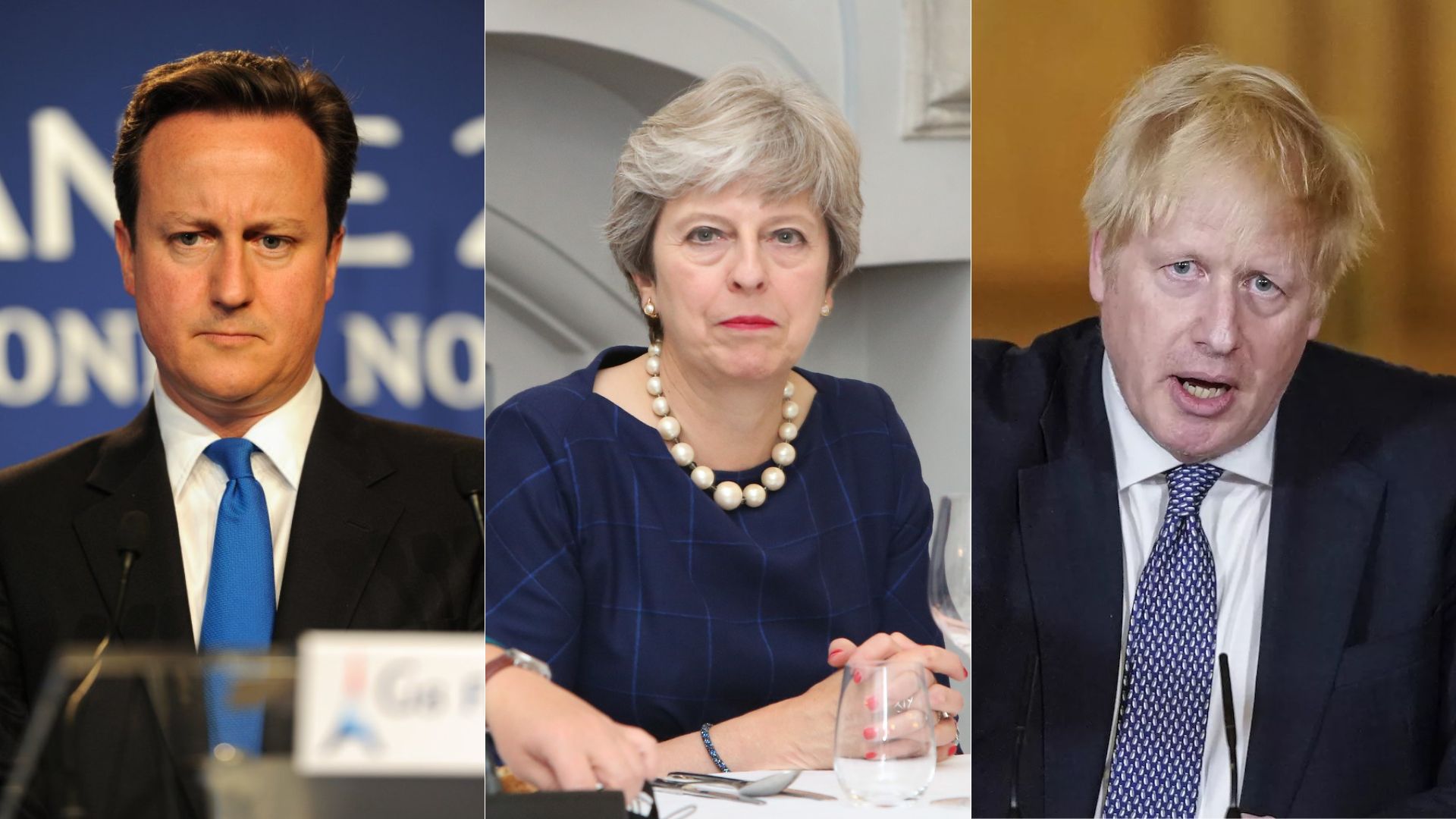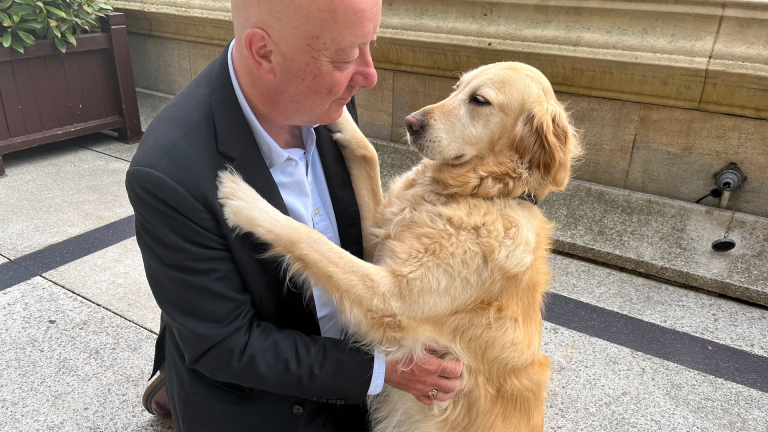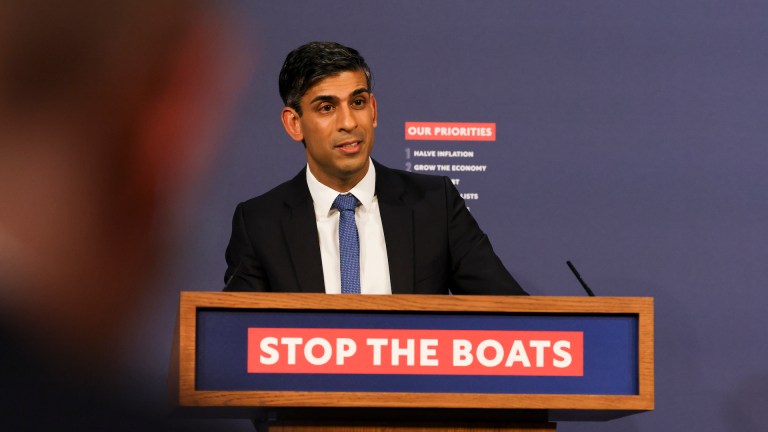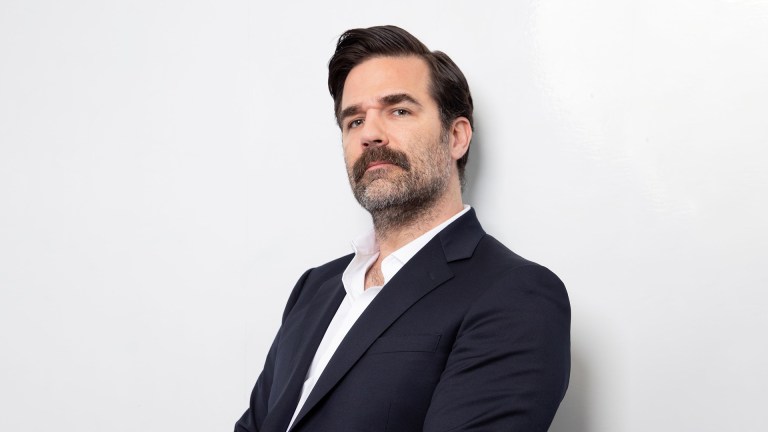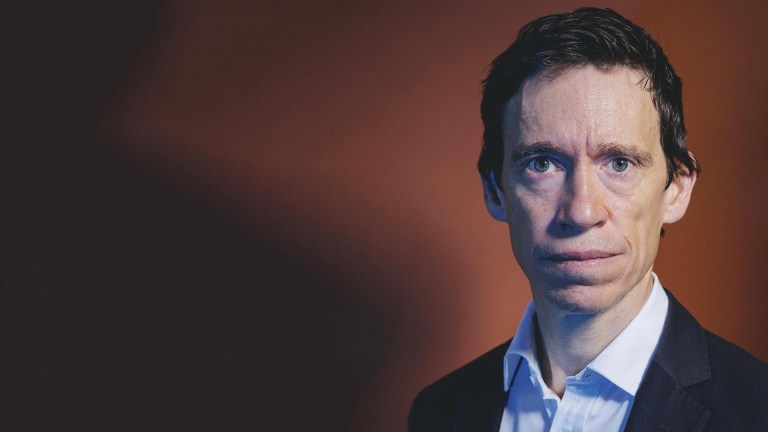Some 42% of the public say they would consider it an insult if someone described them as woke – up from 36% in 2022 and 24% in 2020. But just one-in-seven voters consider themselves to be anti-woke, around the same proportion who say they are ‘woke’. Most people don’t know what these terms mean – 44% give this answer, while another 21% say they don’t identify with either label.
Your support changes lives. Find out how you can help us help more people by signing up for a subscription
Politicians are attempting “maintain the divisions of Brexit” in order to win votes, says Alan Lester, a history professor at the University of Sussex – but this new research throws their success into doubt.
“Plenty of politicians are intent on weaponising outrage for political purposes,” he tells the Big Issue. “I’m fairly encouraged that a majority of people are seeing through it. But obviously not all are.”
What is woke?
‘Woke’ means different things to different people. It was originally coined in the Black community to describe someone who is educated about social injustice. In recent years, it’s been co-opted by conservatives to rail against progressive values.
With a general election looming, Sunak has promised to fight a ‘war on woke’, cracking down on gender-neutral toilets and appointing a free speech tsar to tackle “cancel culture”.
Such questions a “distraction” from the real issues, says Ashleigh Talbot, an advocate at trans-inclusive media group What the Trans!?.
“There’s a cost of living crisis, there’s a climate crisis, there are so many issues impacting people’s lives,” she urges. “But the Tories aren’t addressing that. Instead they’re trying to fight an election on this manufactured moral panic.”
Some 56% of people echo this sentiment, agreeing that politicians who talk about culture war issues to distract people from other important topics. Just 11% believe politicians genuinely think cultural issues are important.
The PM has previously vowed to prevent “left-wing agitators” from bulldozing the nation’s history, slamming protestors who tore down a statue of slave trader Edward Colston.
“History is one of the culture war battlegrounds,” says Lester. “There is a natural inclination for people to want to see the best in their forebears – it’s reflective of one’s own identity.
Get the latest news and insight into how the Big Issue magazine is made by signing up for the Inside Big Issue newsletter
“But it’s perfectly legitimate to question the statue of a slave trader. And yet the Conservatives want to portray that questioning as an existential threat to people’s way of life, to simplify down the debate to ‘are you ‘pro-British’ or ‘anti-British’.”
The media amplify these culture war debates. In 2019, there were just 10 UK newspaper articles that mentioned the term ‘anti-woke’. By 2022, this had risen to 882.
But how much will all this attention impact next year’s elections? Not much. Just 1% of the public say transgender rights will be one of the main issues determining their vote in the election, and less than 1% say the same about race relations or women’s rights. In comparison, 43% say cost of living crisis will influence their vote.
“It’s positive that most people think shut up, get on with your job, stop stoking fear about minorities,” Talbot says. Nonetheless, political rhetoric has real life consequences, she adds. “Trans people are anxious about the dog-whistle rhetoric that’s being directed at them, many of us worry about our safety when we leave the house.”
The King’s College researchers share this concern, warning that “no one really wins a culture war”.
“The key concern here is not election outcomes,” said professor Duffy. “The real worry is that true US-style culture war divisions – where our views on a range of social issues become very tightly tied to our political identity – leave no room for compromise and are incredibly difficult to unpick once they become established.”
